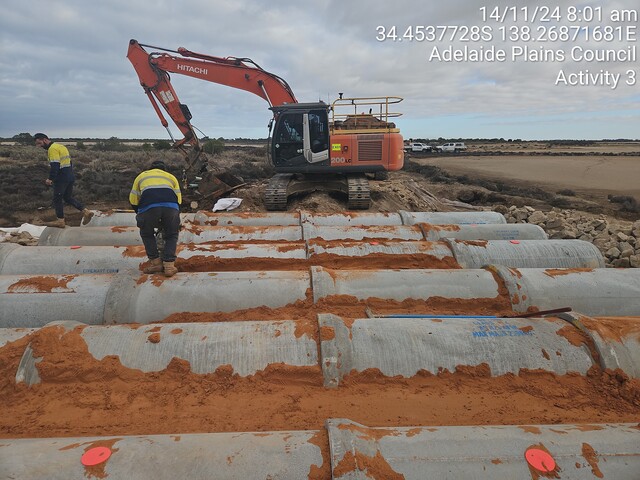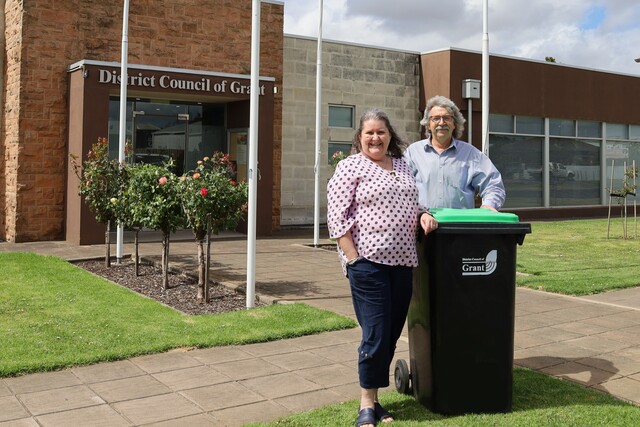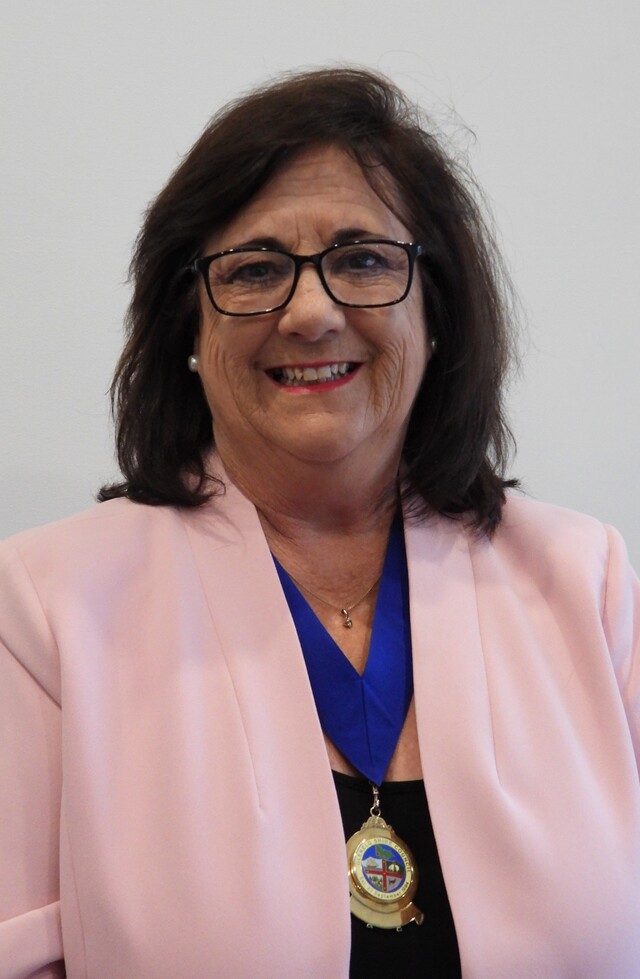The UK Experience by Malcolm Morley*
Local Government in England will have to make £4.9 billion of efficiency savings by 2011 on top of the £3.3 billion projected to be achieved between 2004–05 and 2007–08. This is the stark requirement of the recently published comprehensive spending review.
The Government has announced that its funding of Local Government will increase by only one per cent in real terms per annum and that there will continue to be a cap of five per cent on the Council Tax increase levied locally by Councils. By any stretch of the imagination, given the changing demographics and demands for services being faced by UK Councils, this settlement is going to be challenging at best.
As the £3.3 billion indicates, Councils have exceeded their efficiency gain targets to date and real progress has been made in cutting out ‘fat’ and improving efficiency.
The real challenge now is to radically change how Councils’ think as well as what they do. The traditional assumptions, beliefs and values that underpin Local Government thinking have led to an overreliance on direct service provision, extensive service portfolios and incremental performance improvement.
New ways of thinking are now required but, as Thomas Kuhn in The Structure of Scientific Revolutions identified, the past often provides a constraint to the discovery of new ways of working for the future.
When I worked as a management consultant with many private sector companies the biggest challenge I faced was not with companies in difficulty but with those that were successful. Successful managers often have the greatest difficulty in recognising that future success requires new ways of thinking and the development of new product/service portfolios rather than merely continuing to extend the past. Local Government is no different and the reality of economic constraint should not be seen as just a crisis to be coped with today and tomorrow. It needs to be used as a stimulus to challenge and to change more than just processes. It needs to be used to challenge and to change what have become accepted thinking and the norms for performance.
If I was to say that top quartile performance in some service areas was not good enough by far it might be regarded as heresy. We only have to look at the rapid advances in technology and how expectations and norms have changed in many sectors, however, to recognise that we need to challenge what we do and the level of our performance.
If today I can order a book via the Internet, track the progress of my order across the world and receive it within a few days, surely we can do the same for a housing repair? Why can’t benefit claimants get their claims settled and paid in hours instead of days?
Resource constraints have made many Councils think about improving the efficiency of processes so far. Now Councils need to recognise that the real challenge is to think strategically and to organise and manage themselves to transform their performance.
*Malcolm Morley is Chief Executive of Harlow District Council and can be contacted via the Editor, email info@lgfocus.com.au The views expressed in
this article are not necessarily those of his employer.







